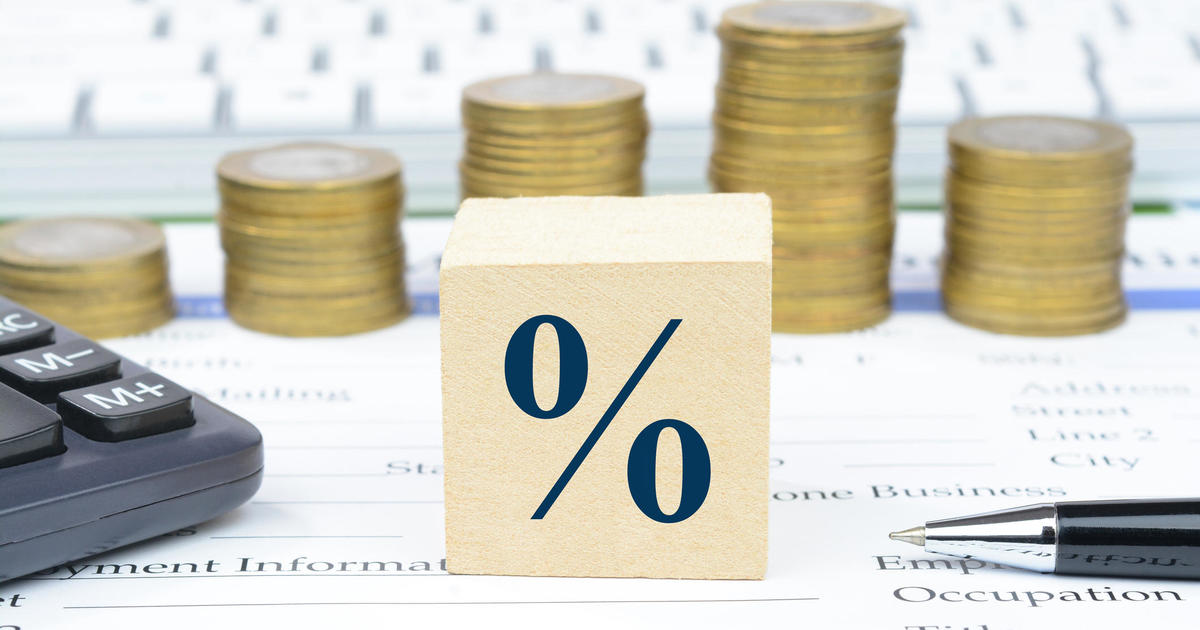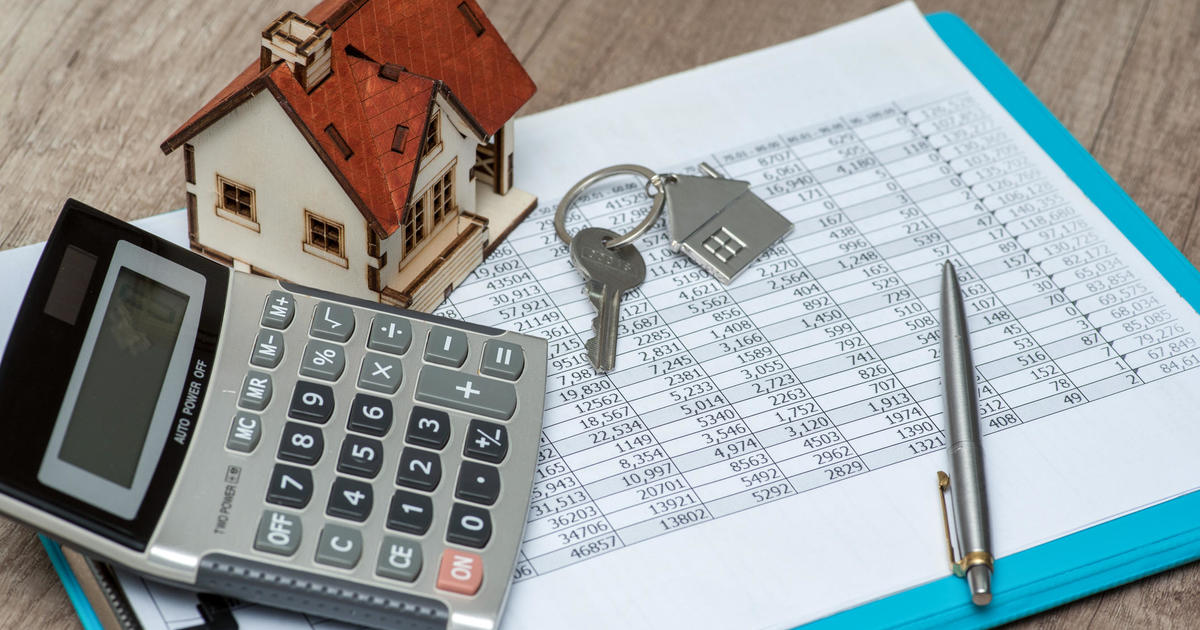Private flights have boomed since the pandemic. Are taxpayers picking up the tab?
When the COVID-19 pandemic brought air travel to a halt three years ago, one segment of the travel sector boomed: private jet travel, a super-luxe mode of transportation enjoyed by a fraction of the world's wealthiest people.
Private travel is the definition of exclusivity. The typical private-jet owner has a net worth of $190 million, according to a report from the Institute for Policy Studies and Patriotic Millionaires released Monday. Yet the number of private flights hit a record high last year, the left-leaning groups found, causing an alarming increase in carbon emissions.
Indeed, while flying creates more carbon emissions than any other form of transportation, private jets are the worst of the worst. A person flying on a private plane emits 10 to 20 times as much carbon pollution as a commercial airline passenger, according to Transport & Environment, a European clean-transport group.
In 2020, only about 0.0008% of the world's population owned a private jet, IPS calculated. Nonetheless, that year private flights in the U.S. pumped as much greenhouse gas pollution into the atmosphere as all bus travel in the country, according to the Environmental Protection Agency.
"Private jets have rightfully earned their reputation as symbols of excess," IPS said in its report.
"While private jet owners contribute significantly to the output of carbon emissions, they do so … while offering little in compensation to the public."
Flying as public domain
Aside from their disproportionate contribution to planet-warming pollution, the wealthiest sliver of travelers use far more than their share of the public infrastructure which the mass of commercial travelers pays to maintain, IPS said.
"The navigable airspace above us is part of the public domain; it is much like a public highway except that, unless you have the funds, you have to pay a lot of money to be jammed between strangers as you travel," the report states.
For instance, the Federal Aviation Administration handles air safety for all flights in the U.S., including the roughly 1 in 6 that take place on private jets. But the FAA is mostly funded by the fees and taxes paid on commercial flights, including a 7.5% tax on the ticket price and a separate $4.50 per person fee.
These ordinary taxes make up roughly 70% of the agency's funding, according to IPO. Only 2% of the FAA's funding comes from private flight passengers, whose contribution comes in the form of a surcharge on jet fuel.
"The private jet folks are not, in our analysis, chipping in to the system," said Chuck Collins, director of IPS' program on inequality and the common good. "You're subsidizing the air travel space — they're not paying 70% of the cost of the air traffic system," he said.
Private-jet owners also benefit from the use of nearly 3,000 airports around the U.S. that don't receive scheduled commercial flights but still receive public funding, largely in the form of taxes and fuel surcharges on those commercial flights.
"In effect, commercial passengers subsidize the carbon and convenience of the High Flyers," the report notes.
Leveling the airstrip
As a remedy, Collins proposes taxing private flights as well as the sale of private jets. If the U.S. were to tax the sale of private jets — the IPS proposes a 10% tax on the purchase of used aircraft and 5% on new vessels — the nation would have raised $2.6 billion last year.
IPS also recommends doubling the tax on jet fuel for private flyers and adding an extra surcharge for ultra-short flights, such as the 17 minute flight by Kylie Jenner last summer that generated a viral backlash.
"This would be very politically popular," Collins predicted. "Let's tax the private jet class and invest in the things that help everyone else."
He added, "We tax gasoline and build highways, we tax cigarettes and invest in public health. We should tax private jets and build transit."



